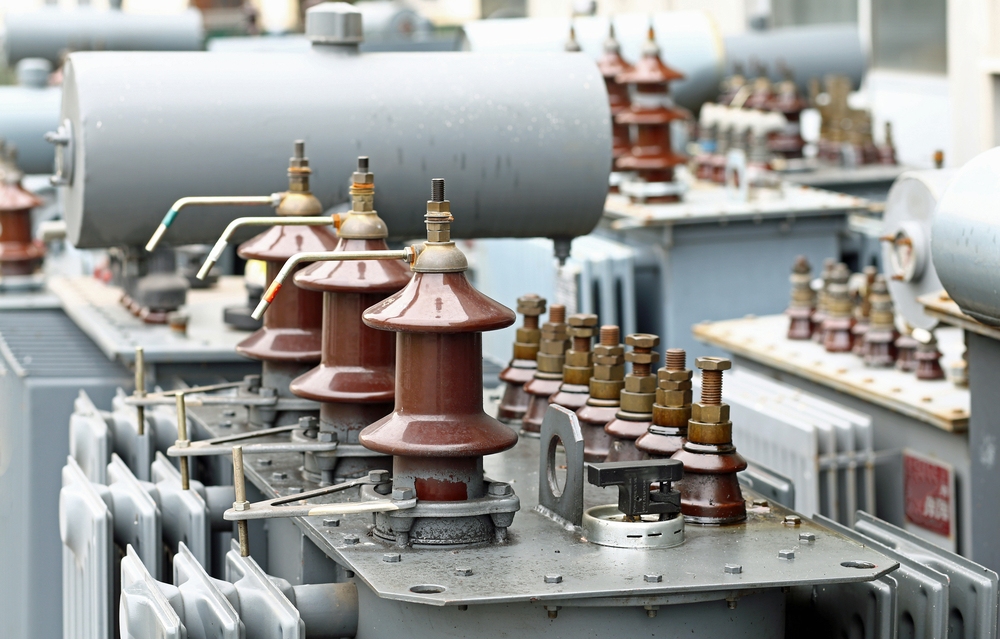The Nigerian Power Sector Reforms: Overcoming Post-Privatization Challenges
Posted on Thu 6 Aug 2015
- Download Resource
Indeed, it is estimated that an average spend of US $3.5 billion investment is required in the power sector per annum, over the next eight years, to achieve the target of having an available electric power supply of 40,000MW.
Post-privatization actions by the Federal Government
The Federal Government has taken some steps to provide funds to most of the privatized generation and distribution companies. Specifically, the Federal Government, on 2nd August 2014, extended a N213 billion (approximately US$1 billion) facility to power generation companies for the purposes of:
-
settling certain legacy debts especially those incurred by suppliers of natural gas;
-
paying off monies owed to certain electricity market participants from November 1, 2013; and
-
defraying costs incurred by virtue of infrastructural (especially metering) upgrade by distribution companies.
From the N213 billion (approximately US$1 billion) set aside for the purposes mentioned above, N6 billion was preserved for meeting commitments to supply specific volumes of gas-for-power and to negotiate and execute bankable gas supply agreements with power plants. It is pertinent to note that the successor-companies are to repay the facility with a first-line charge on their revenues over a 10- year period and presumably, there is a moratorium on repayment of the credit facility by the companies until electricity supply improves across Nigeria. Though a laudable initiative, it is still unclear how this CBN intervention fund has improved the challenges presently being faced by players in the power sector.
Another commendable step taken by the Federal Government to combat the investors’ fatigue and dissatisfaction, was the issuance of a new electricity tariff – a reset tariff order (MYTO 2.1) – which takes into account the CBN provided facility, current levels of energy output, the new baseline gas price and other variables that more closely reflect the true cost of running electricity businesses. It is pertinent to note that some aspects of the MYTO 2.1, which ought to have taken effect from July 1 was delayed, because of a court injunction obtained in that regard. In addition to the foregoing, gas prices in the Nigerian domestic market are now competitive; whilst transportation tariffs are now more profitable.
Responding favorably to these post-privatization actions of the Federal Government, more investors have expressed keen interest in investing in the sector, which hitherto had appeared miserably desolate.
Of special mention, is the challenge posed by the largely derelict state of Nigeria’s transmission infrastructure. There have been complaints about the quality of the transmission infrastructure as well as the unnecessary inhibitions to, and interference with the management of the successor transmission company, which remains government owned; thus making it difficult for the management contractor to perform its duties under its management contract.
More Insight
 Fri 21 Mar 2025
Fri 21 Mar 2025IP PROTECTION FRAMEWORK IN NIGERIA - TRADEMARKS
 Wed 18 Dec 2024
Wed 18 Dec 2024SEC’s Draft Rules Facilitate Pension Funds’ Investment In ...





